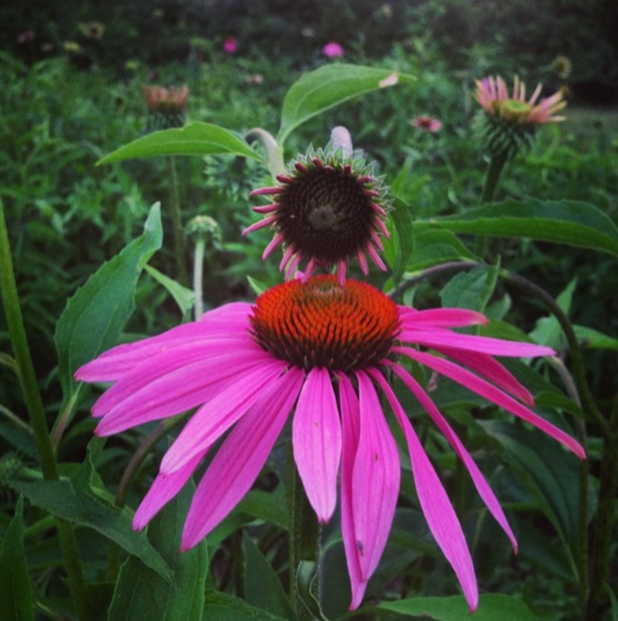
30 Oct Finding Your Life’s Meaning
What gives your life meaning? Only you know. For some people, it is their religious beliefs. For others, it’s the future of their children, or a positive contribution to their community, the larger world, art, literature, or the health and well-being of others.
One thing that is more universal though: to feel that your life is well-lived you need to look beyond your own immediate pleasures and comforts—and even beyond engaging fully in your activities, savoring your life’s pleasures, and experiencing positive emotions. In other words, you need both pleasure and meaning in your life in order to feel satisfied.
Studies have examined the effects of having a strong sense of meaning. The results showed that life meaning was linked to an enhanced sense of physical and emotional well-being. In addition, people who perceive a stronger sense of meaning in their lives are more likely to take care of their own lives. For example, nonsmokers and former smokers scored higher on meaning than current smokers.
But what is a meaningful life? Positive psychology pioneer Martin Seligman describes it as one in which you “use your signature strengths and virtues in the service of something much larger than you are.” In his research, the search for a meaningful life is a way of seeking happiness that is distinct from a general pursuit of pleasurable experiences or highly engaging activities. This does not mean, however, that you should pursue meaningful activity to the exclusion of pleasurable activities and flow experiences—all three are important components of happiness and well-being, and they tend to foster one another.
Practice random acts of kindness
While the specific values and purposes you identify in your life may differ from time to time and from other people’s, meaning is almost universally found in concern for others—the desire to reduce their suffering and improve their lives.
In an experiment at two Japanese colleges reported in the Journal of Happiness Studies, students were rated on happiness and gratitude at various intervals. Half the students were assigned to make a notation every time they were kind to someone, and to report the number of kind acts each day. The other half did not track their acts of kindness. The students who tracked their acts of kindness rated higher on happiness and gratefulness after the experiment, while the students who didn’t keep count stayed about the same.
Several studies have demonstrated the link between helping others and experiencing happiness. In a study published in Social Science and Medicine, researchers from the London School of Economics examined the relationship between volunteering and measures of happiness in a large group of adults in the United States. Their straightforward finding: the more people volunteered, the happier they were. In this study, volunteering increased the probability of being very happy as much as did having an income of $75,000 to $100,000 compared with an income of $20,000.
Time is a precious resource, and the ways you spend it can have a big impact on your well-being. But research has also shown that how people spend their money makes a difference. In a study from the University of British Columbia and Harvard Business School, published in Science, employees who spent a greater proportion of their bonus on others or made charitable donations with it reported greater happiness than employees who spent more of the bonus on themselves — regardless of the size of the bonus.
Experiment in your own life with time spent in altruistic activities versus those designed to please yourself only. When you have a free afternoon, flip a coin. Heads, do something self-indulgent (for in-stance, get a manicure). Tails, do something to help your community or another person (for example, visit an elderly person). Notice how you feel at the time and in the hours and days that follow. Use that information as you make choices about spending your time.
Exercise: kindness and gratitude counts
Every day for a week, make a note whenever you do something kind, whether large or small. Tally your daily totals. Did your acts of kindness increase during the week? Does counting your kindnesses make you feel any different? Happier? More grateful? If so, it’s a win-win strategy you can use every day to improve your own life and the lives of others.
To honoring your whole health potential!
Licensed Naturopathic Physician, Menopause Clinician, Acupuncturist, Author, and Health Educator

